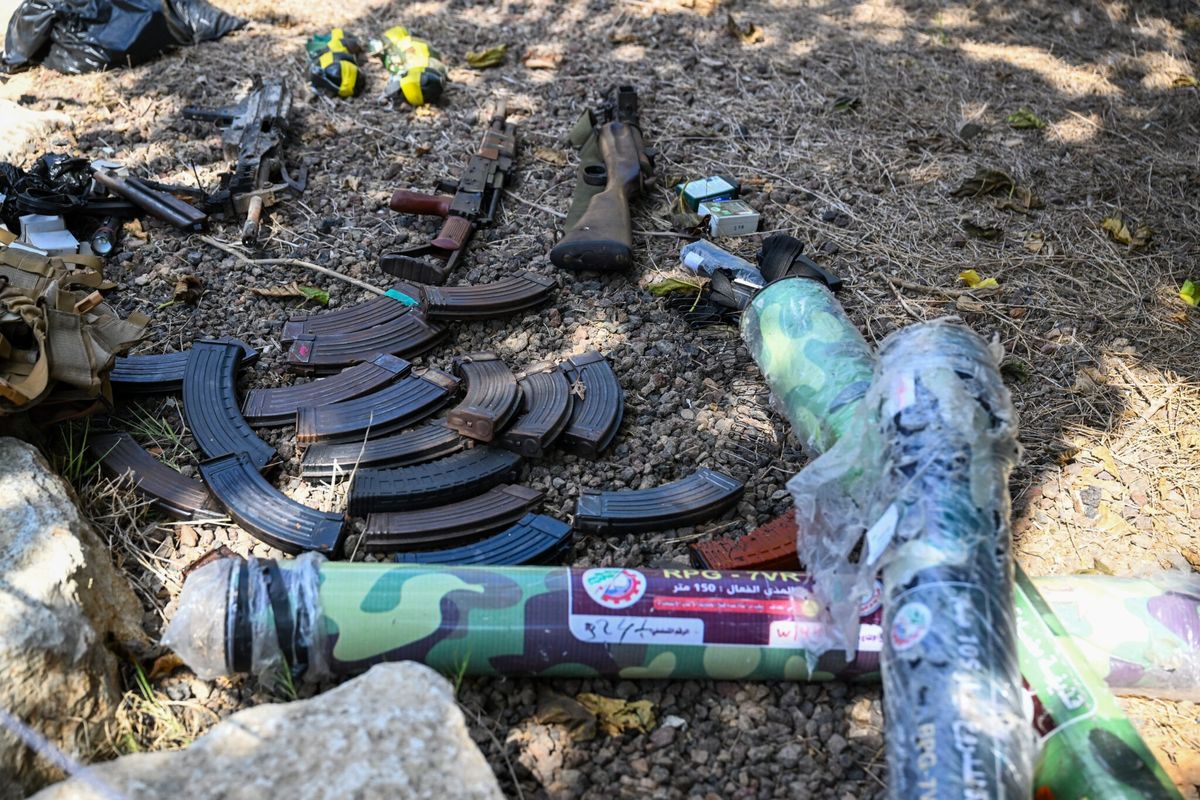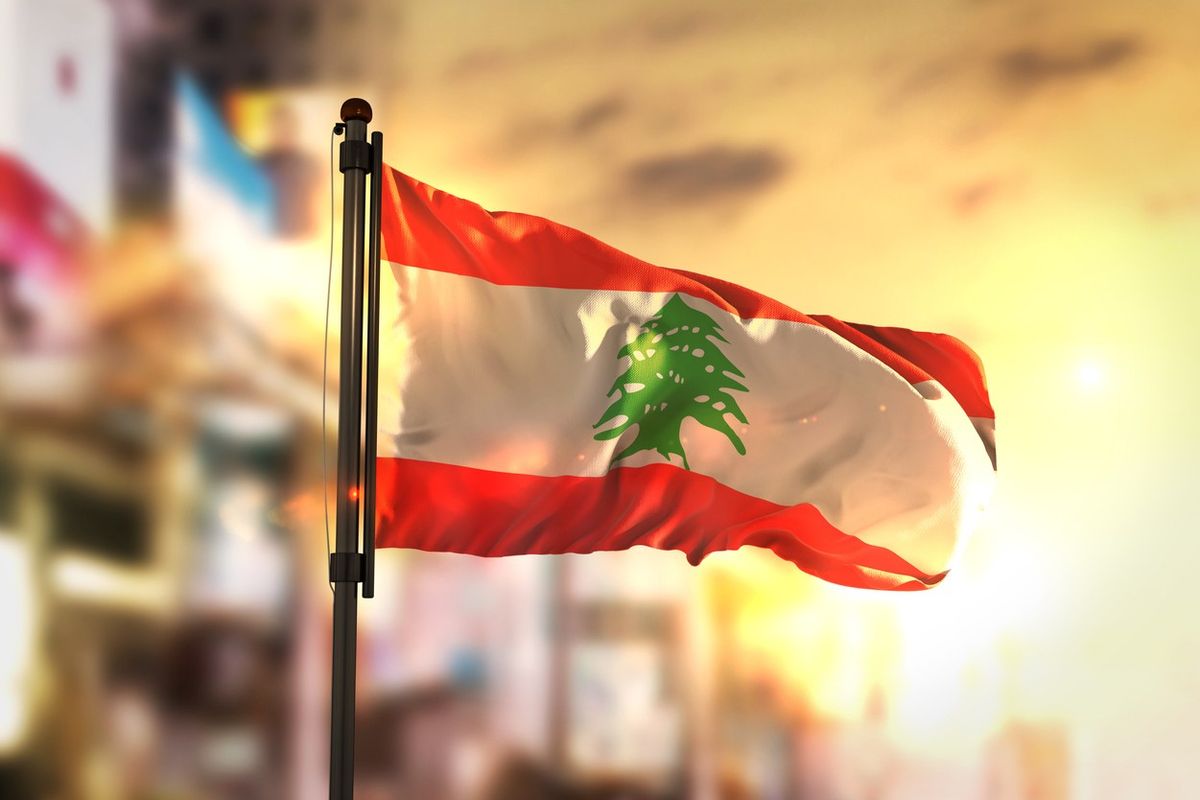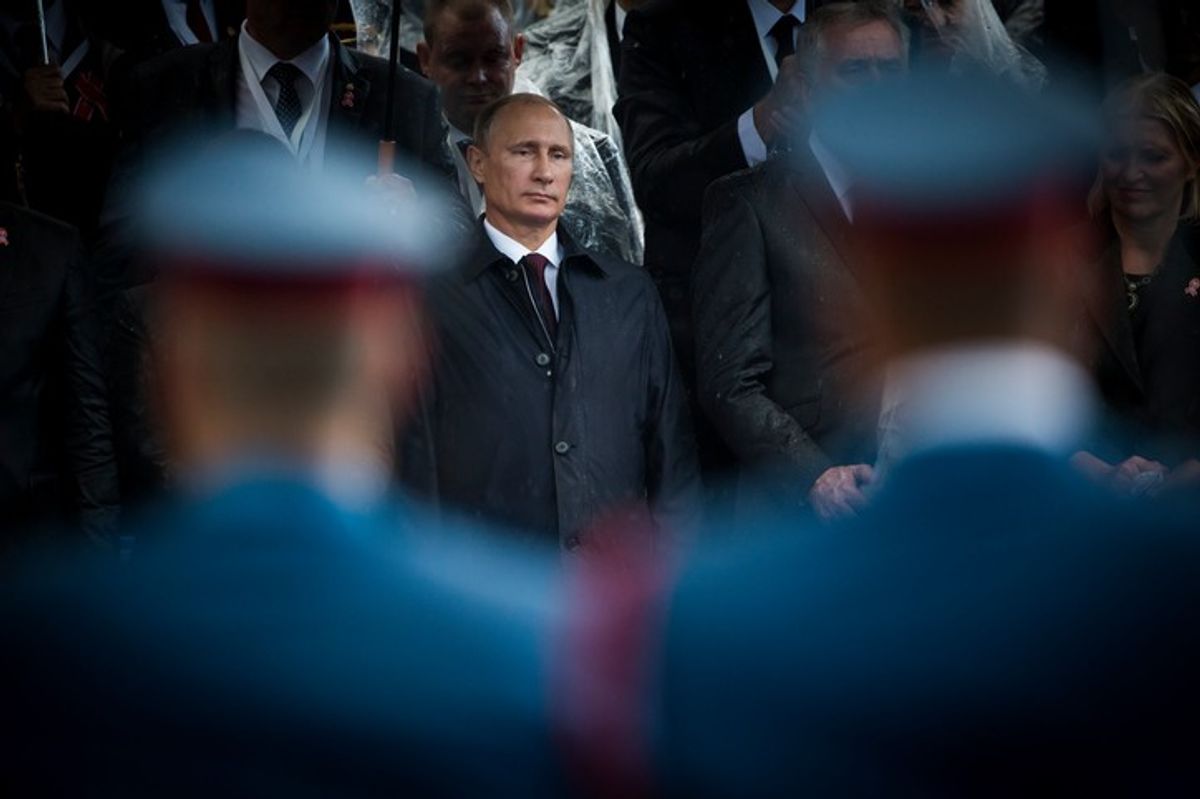Usage of the term political Islam has become common in recent years as Islamist movements vie for influence in a changing Middle East. However, the expression means very different things to different people It is often used to refer to a wide spectrum of Islamist groups, from the Muslim Brotherhood to far more radical groups such as ISIS. The Cipher Brief’s Fritz Lodge spoke with Dr. H.A. Hellyer, nonresident Senior Fellow at the Atlantic Council’s Rafik Hariri Center for the Middle East and the Royal United Services Institute in London, and author of “A Revolution Undone: Egypt’s Road Beyond Revolt,” about the future of politics and religion in the Middle East and North Africa.
The Cipher Brief: How do you define political Islam?
H.A. Hellyer: I don’t like to use the term. Literally, it means “Islam in politics”. Common usage, nevertheless, generally refers to an amalgamation of groups, ranging from Muslim Brotherhood-inspired factions to ISIS/ISIL/Da’esh, and much in between. I think when we thus deploy the term, we’re implicitly making the claim that all these groups are essentially authentic representations of a world religion.
If I have to use a term, I prefer to use “political Islamism” for shorthand – but even more preferable would be to break it down into different types. Brotherhood-Islamism; various types of Salafi-Islamism; and so on. Arguably, there are also state-style Islamisms that aren’t really about variances in religious interpretation at all – but are far better explained by discussing populism and autocracy.
Nevertheless, the mainstream of the contemporary Islamist phenomenon is populated by the Muslim Brotherhood. I’d thus describe [its followers] as “centrist” Islamists – which just means they occupy the center ground of that phenomenon. It doesn’t make them “centrist” or “mainstream” in terms of religious expression. Indeed, the Brotherhood has been critiqued for its non-mainstream religious ideas by Islamic scholars for much, if not most, of its history. The authenticity of even the "centrist" groups of Islamism is deeply contested.
TCB: You talk about breaking down the different types of political Islamism, can you go a bit deeper into these categorizations?
HH: If we are discussing the Brotherhood, then there are a number of different variations. I go into the different trends myself in “A Revolution Undone: Egypt’s Road Beyond Revolt.” Ibrahim al-Houdaiby, a budding scholar currently at Columbia University and a former Brotherhood member himself who left about a decade ago, also writes well about this.
If we’re talking about the Salafi universe – and by ‘Salafi’ I mean the inheritors of Mohammed ibn al Wahhab in the 18th century – you see a proliferation of Islamist messages that come about. Some versions of that heritage have been combined with radical interpretations of certain Brotherhood trends, which forms the ideological basis for groups like Al Qaeda, ISIS, and others. That’s another set of Salafi-inspired schools of Islamism.
But there are also other phenomena we ought to consider. What about the politicization of Islam in the public arena for partisan political gain? That’s active throughout the region – and this kind of politics does not easily fit into the same categories as the aforementioned types of Islamism. For example, we can’t put the kind of religious politicization we see from the likes of the AKP (the party of Turkish President Recep Tayyip Erdogan) into the same classification as the Brotherhood. The AKP has a wholly different intellectual history than the Brotherhood, and is far more mainstream in terms of historically orthodox Islam. But you do see the AKP using religion to drive partisan political goals in Turkey, with currently a more autocratic and populist direction – and we’re better off trying to understand the AKP with reference to populism and autocracy, rather than religion. That kind of politicization exists across the region – and, ironically, is often deployed by leaders who are actually politically very much opposed to each other.
TCB: Since the Arab revolutionary uprisings of 2011, and the subsequent counter-revolutions across the region, which type of Islamism would you say is ascendant in Arab societies, which in decline?
HH: At present, and for probably quite a while, I’d say state-led use of religion for partisan political purposes is in ascendance, even if we don’t necessarily call that ‘Islamism’, with a range of consequences for the long-term. Brotherhood-style Islamism is much more on the back foot and is going through severe disruption internally due to the rise of radical tendencies among its ranks– though I don’t think the Brotherhood is going away. The more radical Salafi-linked groups may well be in decline – future historians might well deem the last few years as their “peak.”
TCB: What happened to the Muslim Brotherhood strain of political Islamism and how is the group dealing with this crisis? You say it is tearing itself apart — how so?
HH: The Brotherhood is different things in different places, even if inspired by similar reference points. The Muslim Brotherhood in Egypt is not the same as the Muslim Brotherhood in Jordan, Palestine, or Libya. We can’t generalize about the Muslim Brotherhood with much policy-relevant utility.
If we’re limiting the discussion to the Muslim Brotherhood in Egypt, pre-2011 the more right wing trends within the Brotherhood had already taken precedence. The more moderate trends that dominate the Brotherhood-inspired Ennahdha party in Tunisia existed in the Egyptian Muslim Brotherhood - but they were marginal even before the 2011 uprising. After the uprising, that fringe element more or less disappeared, following wide-scale departures of major figures such as Abdel Moneim Aboul Fotouh and members of the younger vanguard, more open-minded vanguard who felt isolated by the leadership.
That leadership was dominated by the “Qutbian” approach [named for former leading member Sayyid Qutb] and the Brotherhood trend of Salafism. I should note – Qutb’s heritage and Salafism in the Brotherhood were mediated within and by the Brotherhood universe, which means that the Qutb of the Brotherhood and the Salafism of the Brotherhood were different from how Qutb’s thought and Salafism were interpreted outside the movement. I’d also say they remain problematic, nevertheless, in many ways.
Post-2011, the Brotherhood in Egypt finds itself in a different political reality, which has deep ramifications. The Brotherhood wasn’t trying to turn Egypt into some sort of Sunni version of Iran – that wasn’t more than a pipe dream to the leadership – but its leaders were certainly trying to consolidate their power within Egypt and soon fell into massive overreach. That leads to a shock, because eventually then-president Mohamed Morsi was ousted by the military in 2013, following widespread protests. The narrative then becomes one of “resistance against the coup,” based on the incorrect notion that the population overwhelmingly backed it against the military and its partisans. Brotherhood leaders inaccurately assumed there would a mass uprising to bring Morsi back to power, thinking, mistakenly, that the military suffered from little grassroots backing.
The real trauma then takes place with the forced break-up of the pro-Morsi sit-in at Raba’a about six weeks later, where many hundreds of mostly unarmed Morsi partisans, mostly Brotherhood supporters, were killed by Egyptian state security forces. Even the then prime minister cited numbers of up to 1000 dead. It’s a new ‘martyrdom moment’ for the Brotherhood, and the Brotherhood already marks that event in the same way they mark the repression of Gamal Abd al Nasser, perhaps even more so. (I tried to unpack what Raba’a was in the six weeks pre-dispersal, and what happened there, in ‘A Revolution Undone’.)
That trauma leads to a significant division in the group, in terms of what kind of response is appropriate. It’s very concerning to see how that is working out, particularly against the backdrop of wholescale fragmentation of the group, and the rise of deeply radical ideas taking root – but I don’t see the Muslim Brotherhood or, crucially, the Egyptian state taking the necessary steps away from zero-sum games to dissuade that process from continuing in a deleterious direction.
TCB: How are Muslim Brotherhood organizations in other countries reacting to this transformation in the Egyptian Muslim Brotherhood? What is the future of Muslim Brotherhood-type political Islamism in the Middle East?
HH: Across the region, a lot of things were thrown into flux as a result of 2011, but 2013 in Egypt was also a huge milestone. The Ennahdha party, for instance, had changed a lot due to the Tunisian revolution, and prioritized the democratic experiment in Tunisia over its own political priorities. The fall of the Muslim Brotherhood in Egypt certainly encouraged Ennahdha to commit to that kind of more open-minded path.
Other movements reacted differently, and with much more intensity. The Muslim Brotherhood in Libya drifted even more towards alignments with more radical groups; other groups, such as Hamas, drew away from the idea of an international Brotherhood; Jordan saw a split in its own Brotherhood entity; and so on. The success of counter-revolutionary moves since 2012 and 2013 led to various Brotherhood-linked organizations trying to figure out how they can maneuver to protect themselves. The realignment of different geopolitical forces in the region, which are continuing to shift themselves, will probably mean interesting alliances in the coming years.
What do you think about the proposed designation of the Muslim Brotherhood as a terrorist organization by the Trump administration?
The Brotherhood isn’t the Arab-Muslim equivalent of the German Christian Democrats, nor is it the gateway to ISIS. Generalising about the Brotherhood en masse in either direction isn’t helpful.
Which Brotherhood faction are we talking about? In which country? We shouldn’t be naïve, nor should we just sink into demonization. Let’s stick to facts and not let anyone off the hook for incitement or sectarianism. Simultaneously, terrorist designations ought to require a certain standard of proof.
I’m British, and in my country, we’ve chosen, correctly I think, not to designate the group en masse as a terrorist organization. If we had done otherwise, the government would have been taken to court and would have lost. Our relations with countries where Brotherhood elements are present, without any accusations of impropriety, in parliament or government (Jordan, Bahrain, Kuwait, to name a few) would also have been compromised. At the same time, I think that if elements of any group in any country are guilty of, for example, sectarian incitement, or incitement to violence, then they should be called out for it, in the same way we should sanction any group or government for the same. We are admittedly not consistent about this, across the board.
The discussion around how we view these various groups and state actors can and should continue. If I had any advice for the U.S. administration, it would be to keep track of how the discourse in these groups – and state actors – is evolving, and try to continually evaluate what links do or do not exist with regards to violence. Questions also remain around what control from the leadership exists in these groups, many of which are uncontrollably fragmented. But as we seek answers to these questions, it is in all our long-term interests to give priority to evidence, above and beyond scoring populist political brownie points.
And, by the way, it’s not just about political Islamism writ large. The region faces great structural and demographic challenges that few are willing to address, and abuses from a vast variety of quarters. Focusing on all of that should take the lion’s share of our attention. Our prioritization of attention is quite striking in that regard. Alas, I think we’re going to be ignoring, and distracting ourselves from, the big picture for a long time to come.











